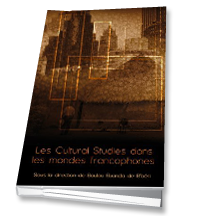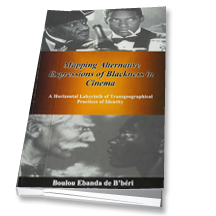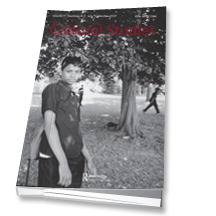
Boulou Ebanda de B béri
Presses, University of Ottawa, June 2010
three decades, the anglo-saxon world has since seen the Cultural Studies as an analysis of the everyday practices and the production of meaning.
But the production analytic in French in this discipline has remained almost absent. The worlds francophones have already experienced several events that would have interested the Cultural Studies in the Twenty-first century : the social events of the winter of 2006 and the fall of 2007 in France, the migration of Africans to Europe and the debate over "reasonable accommodation" in Quebec, among others. For all these events, we had heard rise to many voices that offered a joint general differentiation of us to the other and idioms such as " these people ", " children of immigration ", "we do not want to host the misery of the world" and many others. We had not heard rise of perspectives from Cultural Studies in their particular understanding of political events, or in France, or Belgium, or Switzerland, even less so in Quebec. These prospects, we invite you to take account of the relationship between discourses and representations, to put the political contexts of everyday practice as the premise of our analysis, open identities to the practices of meaning-making and to review the groups and formations of identity. This book aims to emphasize the landmarks useful of Cultural Studies to better understand the political and cultural circles of the francophonie in the Twenty-first century.




